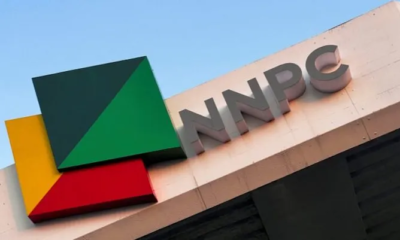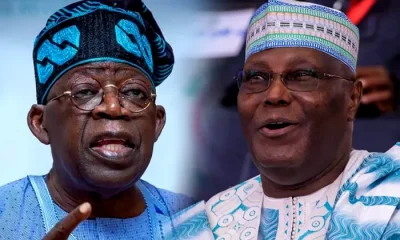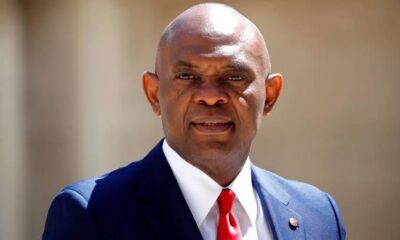Politics
EXPLAINER: What Tinubu’s Pledge On Subsidy Removal Means For Nigerians

President Bola Tinubu has announced the removal of the fuel subsidy from July 1, 2023, emphasising that his government will not provide funds to subsidise the product.
He announced this on Monday during his inaugural speech as the 16th President of Nigeria at Eagle Square, Abuja.
Mr Tinubu said he is taking this decision because the 2023 budget has not provided for the payment of fuel subsidy from the second half of the year.
What is fuel subsidy?
Fuel subsidies are a form of government intervention to reduce the cost of fuel by providing direct financial support to oil companies, and as such, subsidise the product to consumers (Nigerians). Nigeria is one of Africa’s largest producers of crude oil, and it relies heavily on this resource for its economic growth.
With the removal of fuel subsidy, analysts believe, Nigeria’s projected debt stock of $171 billion will be raised by a further 0.47 per cent. This development will also raise the sinking fund for refinancing and servicing of the debt stock from 29 per cent scheduled in 2023 appropriation act, to 43.8 per cent for the 2024 financial year.
Additionally, removing the subsidy could lead to social unrest and protests, as people may perceive the government as insensitive to their needs. There is also a risk that the removal of the subsidy could lead to a rise in fuel smuggling and other illegal activities.
Obi vs Tinubu: Hope In Sight As PEPC Admits INEC’s Form EC8A, For Rivers, Benue, Others
Estimated fuel price after subsidy removal
With a projected average cost of N700/litre once subsidy is removed, it implies that Nigerians would pay about N46.2billion daily for petrol, which translates to approximately N1.4trillion monthly and N8.4trillion in six months (July to December 2023).
Implications on poor Nigerians
Subsidy removal, without spending on the associated savings, would increase the national poverty level. This is due to the consequent rise in inputs’ costs which is higher than the rise in selling prices of most firms and farms.
Merits
One of the primary advantages of removing the fuel subsidy, according to experts, is that it would free up resources for other sectors of the economy. The government currently spends a significant portion of its budget on fuel subsidies, which could be better spent on education, healthcare, infrastructure development, amongst other key sectors. decision because the 2023 budget has not provided for the payment of fuel subsidy from the second half of the year.
(Tribune)
Send Us A Press Statement Advertise With Us Contact Us
And For More Nigerian News Visit GWG.NG














